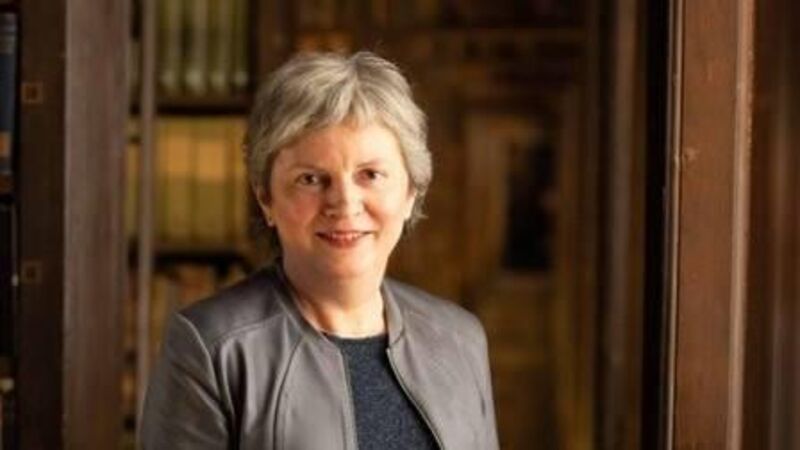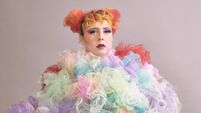Books are my business: archivist at the manuscripts and archives research library at TCD

Felicity O’Mahony selects the openings for the 'Books of Kells' which change every 12 weeks during the winter and every eight weeks during the summer at Trinity College, Dublin.
I also edit materials relating to the manuscript, writing blogs about the images that are on display, for instance.
- The Book of Kells Experience is now open for booking at visittrinity.ie



